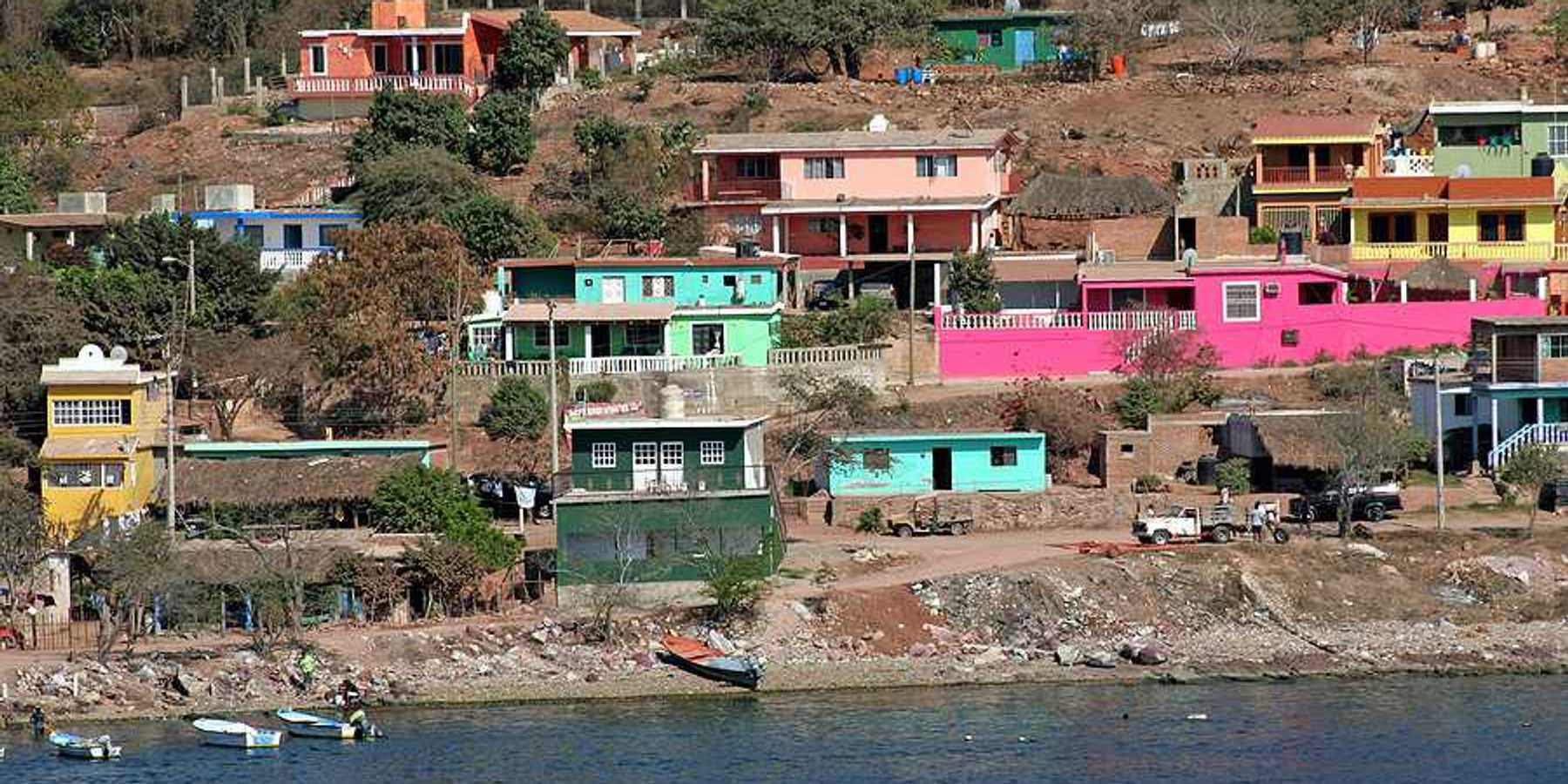Vietnam plans to ban gas-powered motorcycles in Hanoi to curb worsening air pollution
Vietnam will begin phasing out fossil-fuel motorcycles in central Hanoi starting July 2026, as the country attempts to improve air quality and reduce climate emissions.
Aniruddha Ghosal and Hau Dinh report for The Independent.
In short:
- The Vietnamese government will ban gasoline-powered motorcycles and mopeds from central Hanoi beginning July 2026, targeting the dense urban core encircled by the city's ring road.
- Motorcycles account for the majority of vehicles in Hanoi, with about seven million in use, contributing heavily to the city’s choking smog and deteriorating air quality.
- Critics say the plan lacks clarity and sufficient support for workers who rely on motorcycles, raising concerns about economic disruption and limited transit alternatives.
Key quote:
“We need better public transport and more support before such a big change.”
— Hoang Duy Dung, office clerk who works in Hanoi's city center
Why this matters:
Motorcycles are a lifeline for millions in Hanoi, used for commuting, deliveries, and jobs. But they also pump out pollutants like nitrogen dioxide and fine particles, key contributors to the city’s severe smog. Hanoi consistently ranks among the most polluted cities in the world, with vehicle exhaust playing a central role. Long-term exposure to this pollution increases the risk of asthma, heart disease, and premature death. As incomes rise and more residents switch to personal vehicles, the burden on air quality worsens. Transitioning away from fossil-fuel vehicles is critical for public health, but without better transit and financial help, the shift could deepen inequality and hurt the city’s working class.
Read more: A global breath of concern: most nations fail WHO air quality standards













